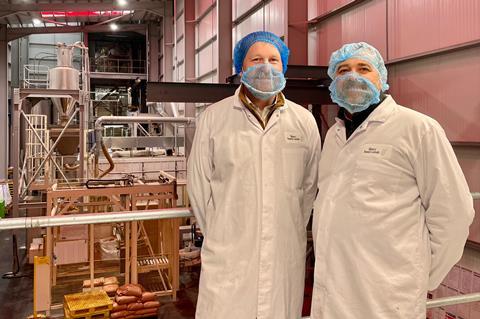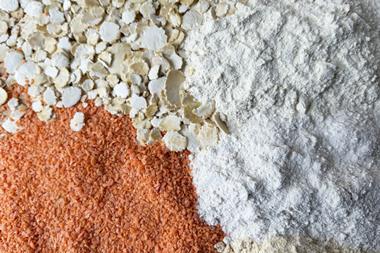
Cereal processing business Silvery Tweed has cut the ribbon on an allergen-free seed cleaning plant at its Berwick-upon-Tweed headquarters.
The opening of the facility is the latest instalment in a £600,000 investment into fully segregating allergens at the company’s processing site. The creation of the dedicated, allergen-free seed cleaning plant allows the business to process a wider range of ingredients for customers and compact the supply by reducing the need to transport uncleaned seeds to a specialist facility.
“This project has been a few years in the planning, and it is incredibly satisfying to see the facility fully operational,” said Robert Gladstone, managing director. “We are always looking at ways in which we can improve and develop our business and processes. The new seed cleaning plant means that customers who require products that contain allergens aren’t being penalised.
“We are very proud to be able to offer our customers the security of knowing that the products they buy from us are cleaned to the highest standard and any risk of cross-contamination has been eliminated,” Gladstone added.
Silvery Tweed has committed to significant investment into segregating products containing allergens over recent years. This has included the construction of a 12,000 sq ft warehouse, opened in April 2021, featuring a dedicated very narrow aisle (VNA) forklift and access for the loading and unloading of vehicles, pedestrian access and changing facilities.
A supplier to the UK breakfast cereal, bread and bakery markets, Silvery Tweed Cereals employs more than 70 people, cleaning and processing grain from growers based largely in the Borders area within a 40-mile radius of its Berwick-upon-Tweed base.
The company manufactures a variety of cereal and bakery products ranging from basic cereal flakes, grain and multi-seed blends and flour, to bespoke products such as puffed grains and granola clusters.
































No comments yet